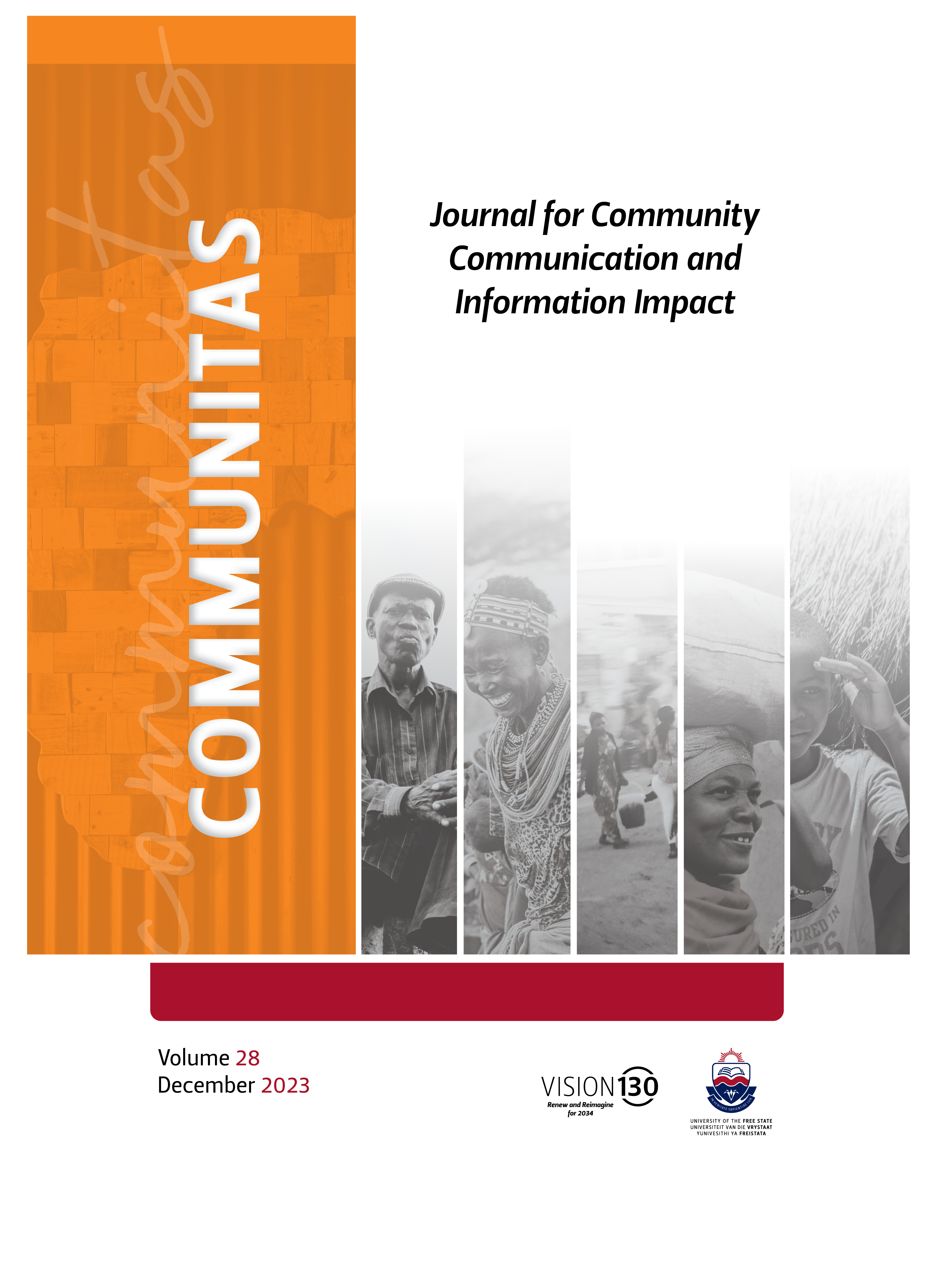The Role of Digital Transformation in Enhancing Communication: A Case Study of OR Tambo District Municipality in South Africa
DOI:
https://doi.org/10.38140/com.v28i.7614Keywords:
Digital Technologies, OR. Tambo District MunicipalityAbstract
This study delved into the digital communication strategies of the OR Tambo District Municipality in South Africa, a region characterised by its rural nature and high poverty levels. The aim was to understand the character of the Municipality’s digital communication strategies, evaluate their efficacy, and propose evidence-based recommendations for enhancement. The study was predicated on the necessity for local governments to align their communication strategies with technological advancements whilst considering the socioeconomic realities of their constituents. The research employed a comprehensive examination of the current digital communication tools, platforms, and techniques utilised by the Municipality, and assessed their effectiveness based on their reach, accessibility, and impact. The study identified areas of strength and weakness in the current communication strategies and proposed recommendations for enhancing digital communication within the Municipality. The findings underscored the importance of inclusive and effective digital communication strategies in local governments, particularly in rural areas. The study concluded that the OR Tambo District Municipality could enhance communication, improve service delivery, and foster greater engagement with residents by effectively leveraging digital technologies. The research contributes to the burgeoning body of literature on digital communication in local government and provides a roadmap for other rural municipalities seeking to leverage digital technologies to improve their communication strategies.
Downloads
##submission.downloads##
Published
Issue
Section
License
Copyright (c) 2023 Nelson Nciweni, Trust Matsilele, Rifqah Abrahams

This work is licensed under a Creative Commons Attribution 4.0 International License.
All articles published in this journal are licensed under the Creative Commons Attribution 4.0 International (CC BY 4.0) license, unless otherwise stated.









